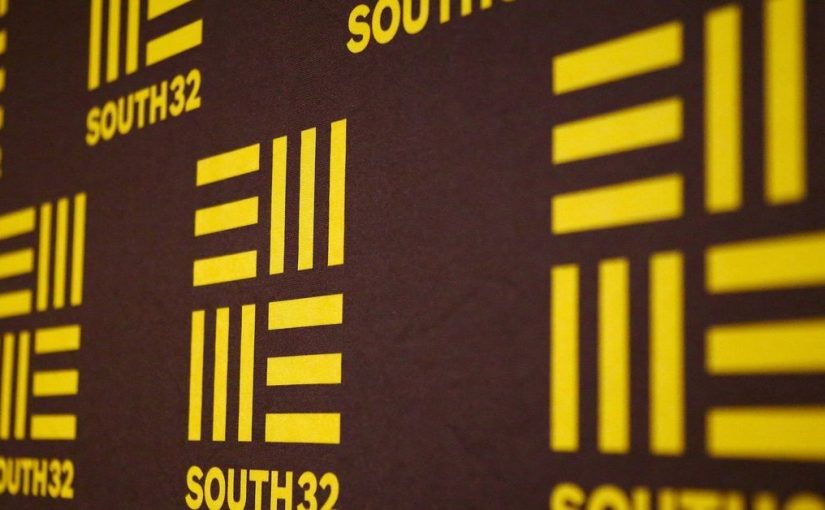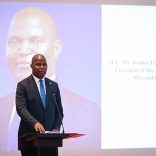Mozambique: CNFC announces end of manual phytosanitary certificate
Mozambique aluminium smelter still expected to suspend activity next year – South32

File photo: Reuters
The management of Australia’s South32 says it is continuing to negotiate with Mozambique’s government over the continuity of Mozal, an aluminium smelter and the country’s largest industrial employer. However, it still expects to suspend activity in March.
“Despite our efforts, negotiations have not progressed to provide confidence that Mozal Aluminium will secure sufficient and affordable electricity supply beyond March 2026,” reads South32’s quarterly report released on Tuesday (October 21) by South32, which owns the plant. “Without the required electricity supply, we expect that Mozal Aluminium will be placed on care and maintenance at the end of the current agreement,” it adds.
The Australian company said in the document, to which Lusa has had access, that it is continuing to “actively engage” with Mozambique’s government, with the Cahora Bassa Hydroelectric Plant (HCB) and with South Africa’s Eskom – which buys electricity from HCB and sells it to Mozal – “on securing sufficient and affordable electricity for Mozal”, the second-largest aluminium smelter in Africa and which employs around 5,000 workers on the outskirts of Maputo.
The same report states that Mozal’s saleable production increased by 3% to 93,000 tonnes in the third quarter of 2025, compared to the previous quarter, “with the smelter operating near its maximum technical capacity,” prior to the decision in August “to stop pot relining due to the uncertainty of future electricity supply beyond March 2026.”
The production projection for the 2026 fiscal year remains unchanged at 240,000 tonnes, “based on operations continuing to March 2026, when the current electricity supply agreement expires,” it added.
“Mozambique’s government continues and will naturally continue to, firstly, cherish Mozal and, secondly, it will continue to negotiate to improve the terms of negotiation and that it will continue to produce in Mozambique, with all the necessary facilities, but that there will be no harm to either party,” said the spokesperson for the Council of Ministers (Cabinet), Inocêncio Impissa, at the end of August.
He added that Mozambique’s government was informed of the risks associated with the crisis in Mozambique’s largest industrial plant and of the cancellation of contracts by some of Mozal’s suppliers, but clarified that the situation had nothing to do with the ongoing negotiations.
Mozal announced in August that it intended to cut investment and lay off contracted contractors, keeping the operation going until March, claiming it was unable to continue. A few days later, Mozambique’s Confederation of Economic Associations (CTA) revealed that Mozal had “suddenly” cancelled contracts with around 20 companies, leaving at least one thousand workers unemployed.
On 22 August, Mozambique’s government considered the tax contribution of its largest industry to be extremely low and expressed interest in proceeding with a review of its obligations in this area.
Mozal accounts for almost half of the energy produced in Mozambique and is estimated to contribute at least 3% to the Gross Domestic Product (GDP).e
On 18 August, the Mozambican President said that the energy tariffs proposed by Mozal, Mozambique’s largest industry, would lead to the collapse of HCB, in response to the threat of the aluminium smelting plant’s closure in 2026.
Mozal’s electricity is supplied by South Africa’s Eskom, which in turn buys energy from Cahora Bassa – 66% of HCB’s total production in 2024 – which operates in the centre of Mozambique. Still, Mozambique’s government wants to reverse this scenario.
Lusa reported in February 2024 that Mozambique’s government intends to repatriate the electricity it has been exporting from HCB to South Africa since 1979 for domestic use from 2030, as stated in the Strategy for Energy Transition in Mozambique until 2050.












Leave a Reply
Be the First to Comment!
You must be logged in to post a comment.
You must be logged in to post a comment.